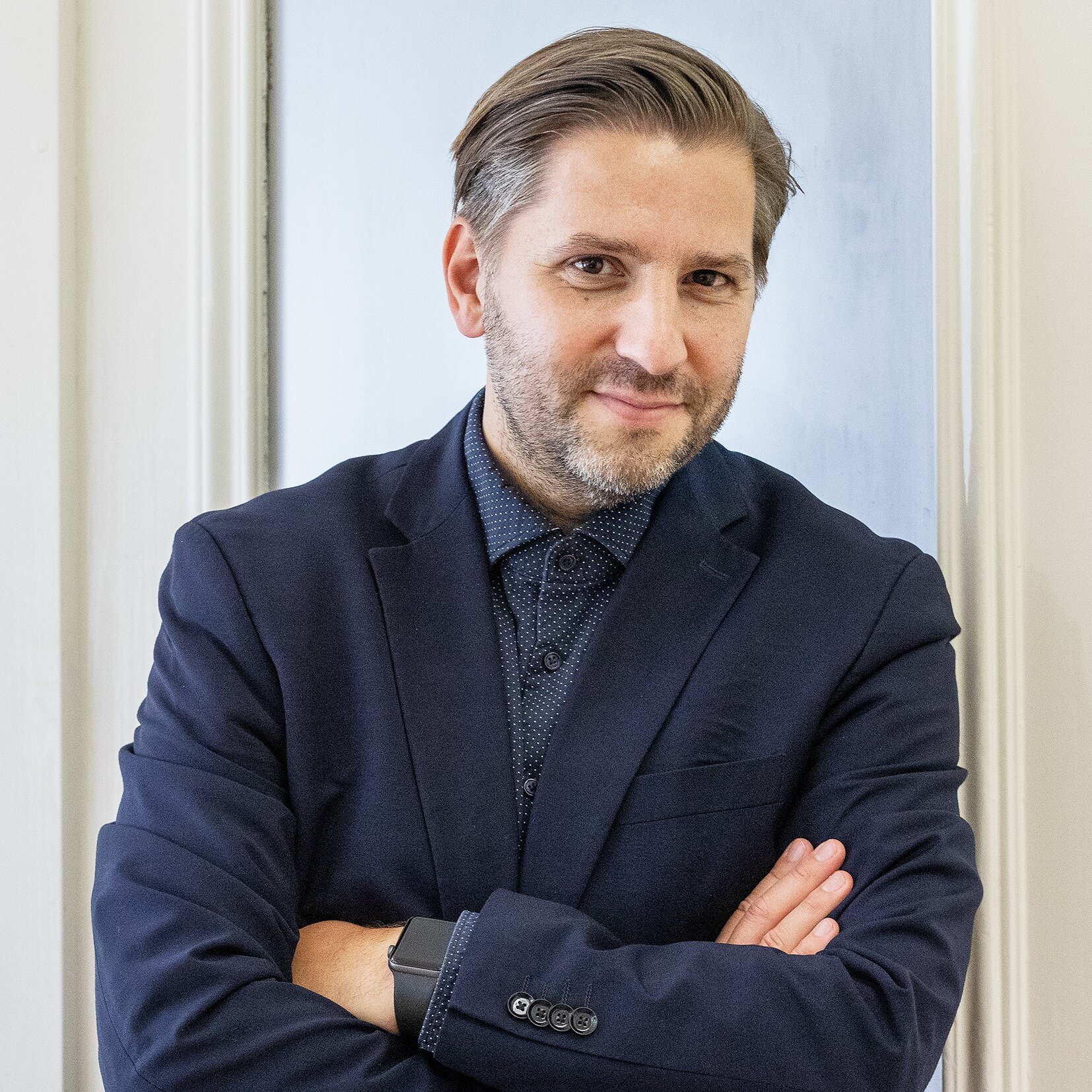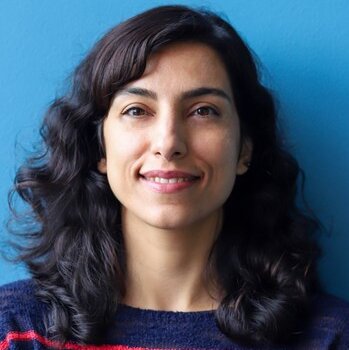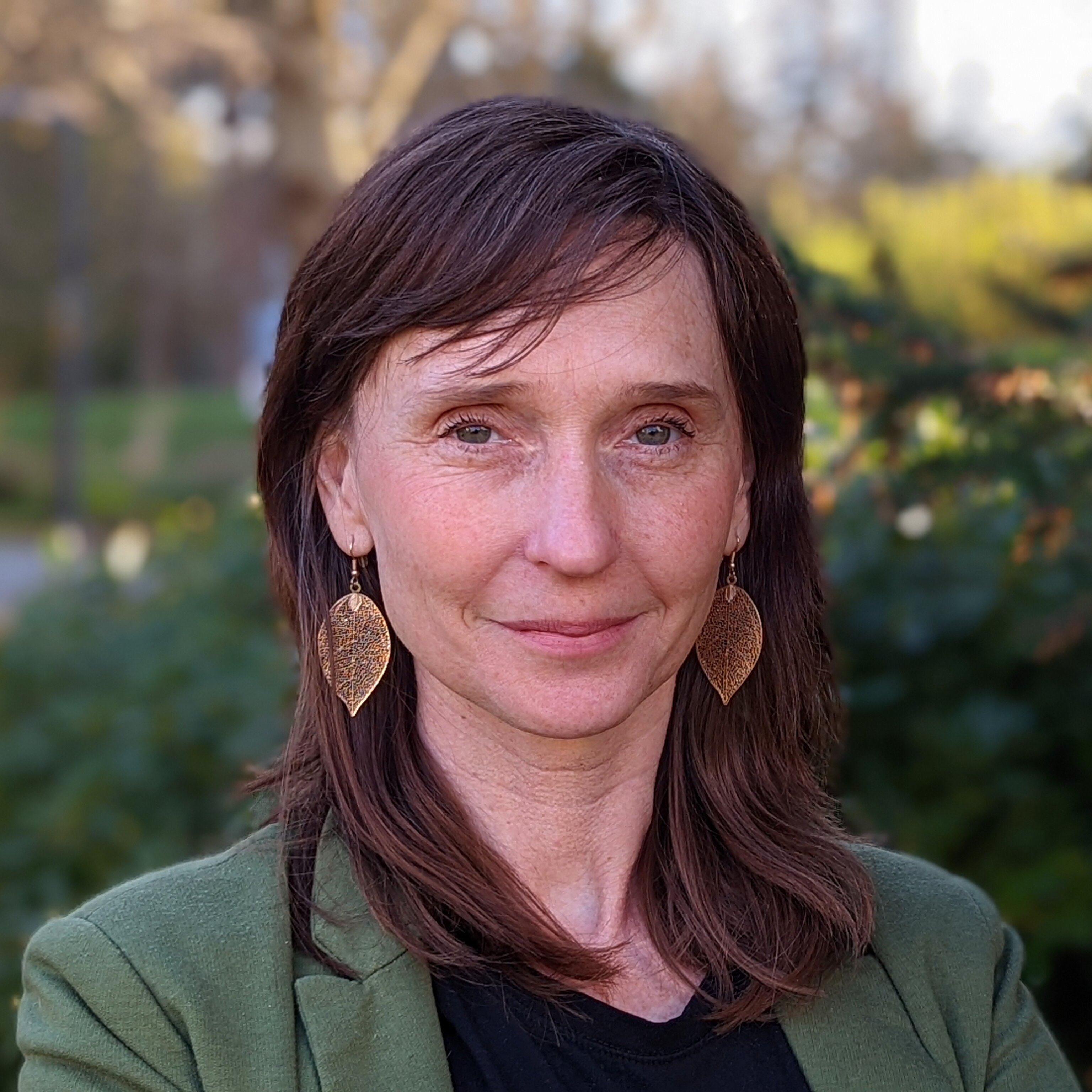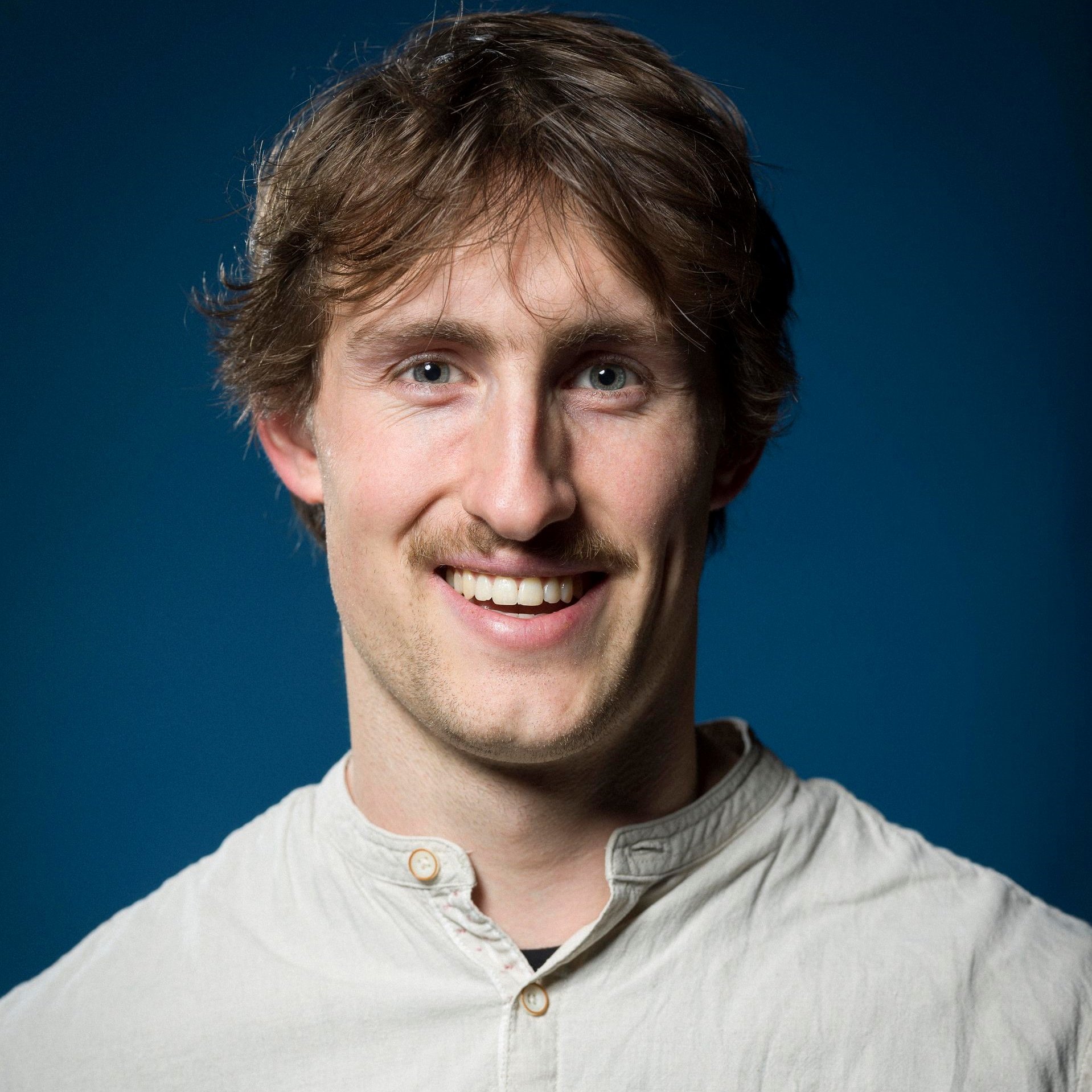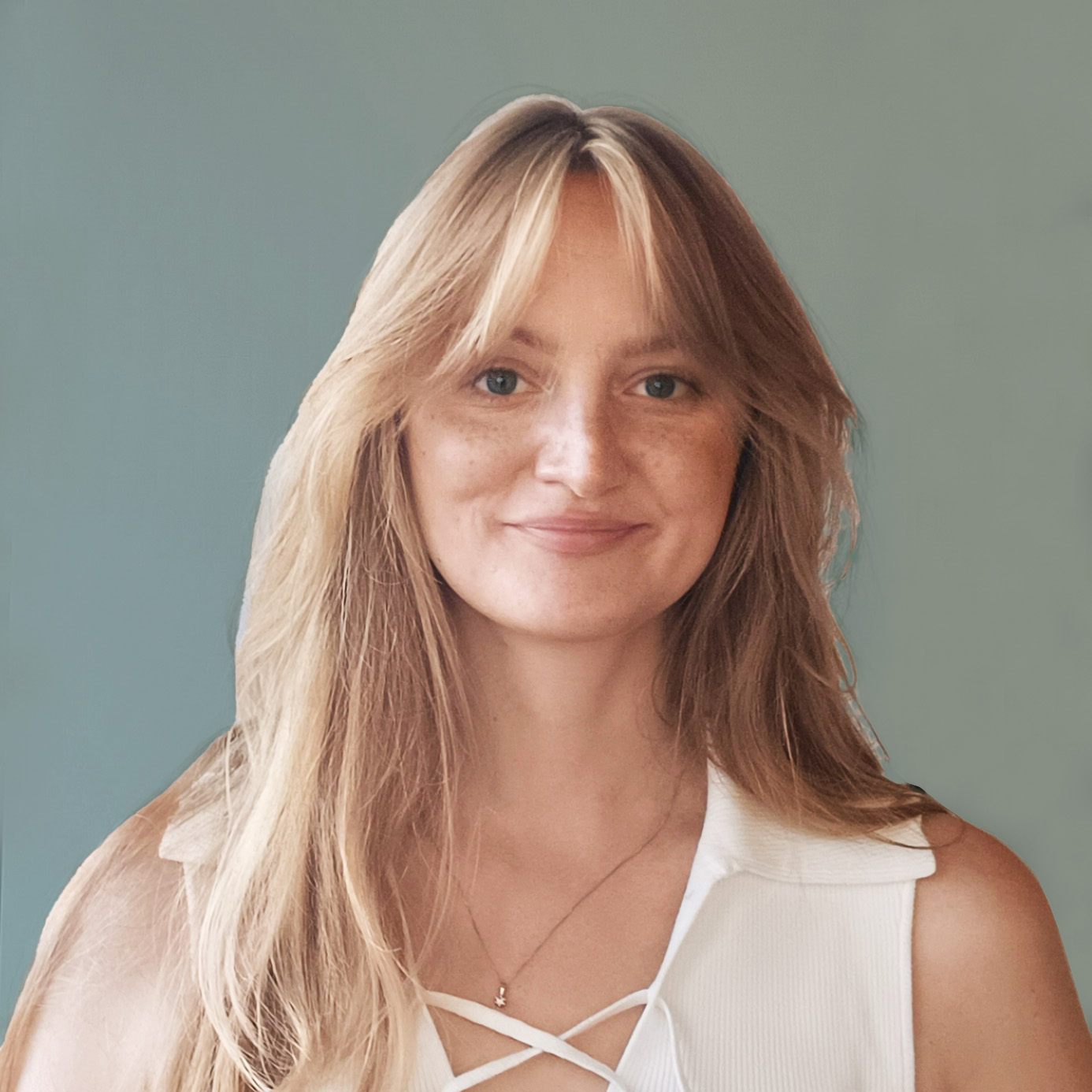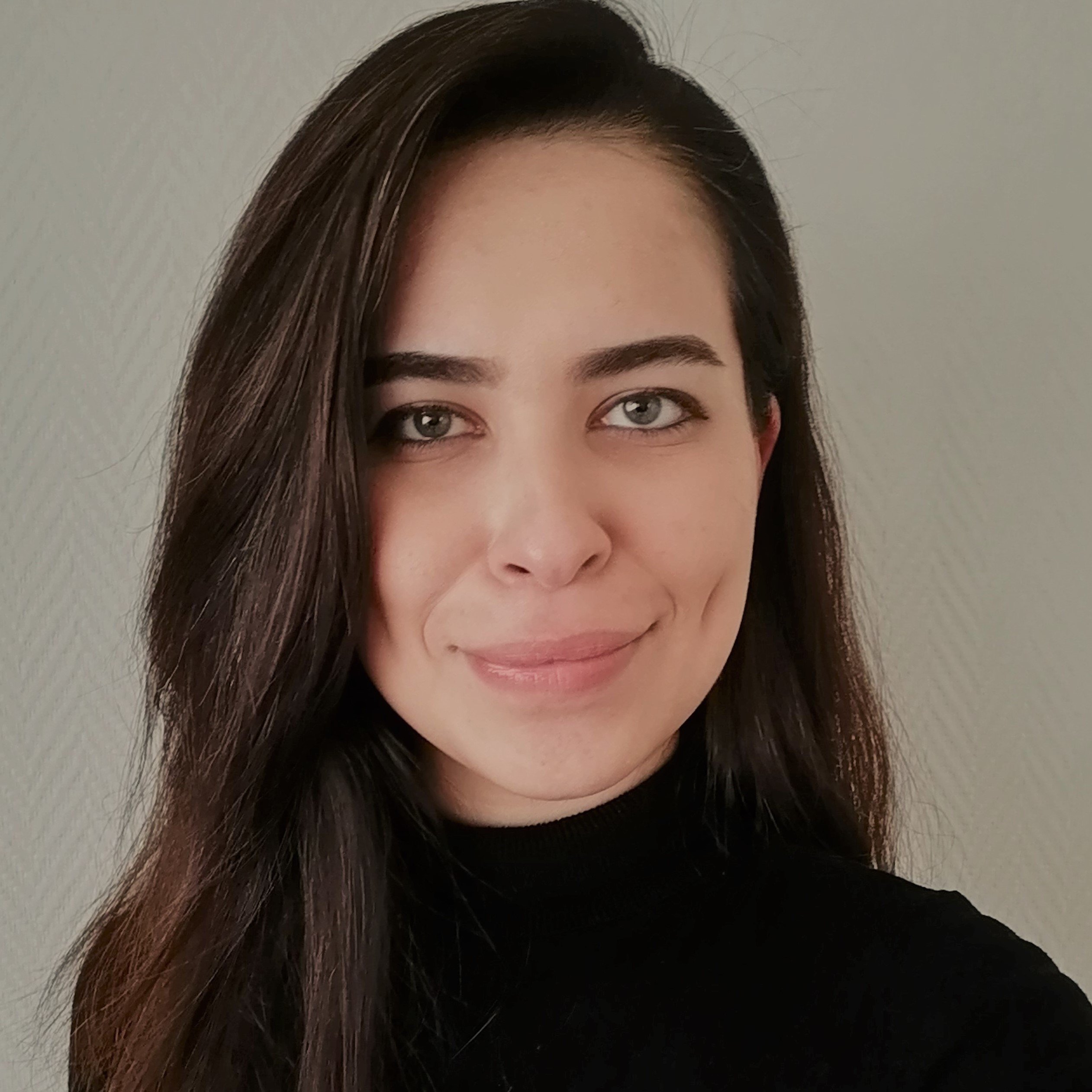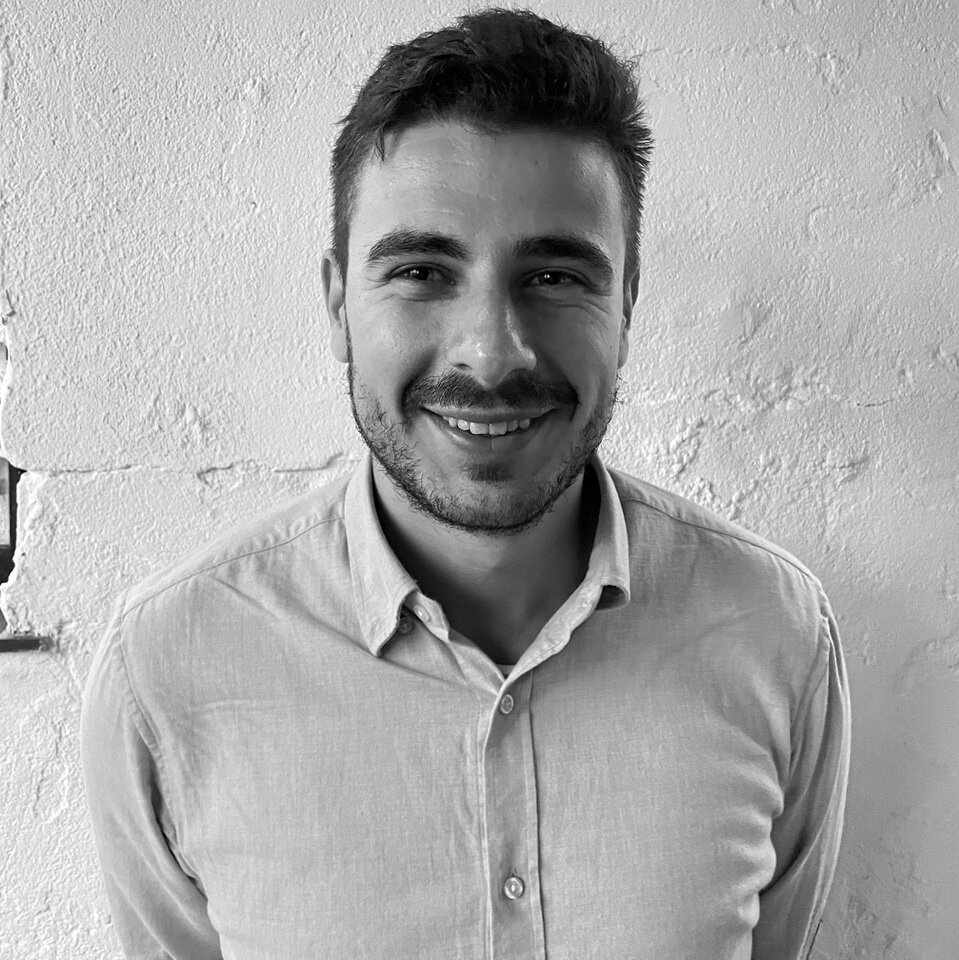Staff
Professor
| Prof.dr. Georg Vrachliotis |
| G.Vrachliotis@tudelft.nl |
-
Georg Vrachliotis is a Professor for the Design, Data and Society Group at TU Delft. From 2016 Georg was dean of the Karlsruher Institut für Technologie (KIT) Faculty of Architecture and Chair for Architecture Theory (2014-2020). Previously he conducted research at the Institute for the History and Theory of Architecture at ETH Zürich. He studied architecture at the Berlin University of the Arts and did his PhD at the ETH Zürich in 2009.
Besides that he was a visiting researcher at the Center for Cognitive Science of the University Freiburg, at the Spatial Cognition Center of the University Bremen, and at the UC Berkeley Department of Architecture in California. From 2006 to 2010 he was a guest lecturer on architecture theory at the TU Wien in Vienna. Georg Vrachliotis is member of the advisory board of the magazine ARCH+ and external examiner at Bartlett School of Architecture, UCL London.
He curated the exhibition “Fritz Haller. Architect and Researcher” at the S AM Swiss Architecture Museum in 2014 in collaboration with the Institute for History and Theory (gta) at ETH Zurich (catalogue published by gta Publisher in 2014, with Laurent Stalder), the exhibition “Sleeping Beauty. Reinventing Frei Ottos Multihalle” (catalogue published by Spector Books in 2018) on the occasion of the 16th International Architecture Exhibition of the Venice Biennale in 2018. Most recently he curated the exhibition "Models, Media and Methods. Frei Otto's Architectural Research" at the School of Architecture at Yale University (2020).More information
Design, Data and Society Group (tudelft.nl)
“My vision is to intellectually strengthen the discipline of architecture for the emerging age of artificial intelligence and to work towards a more social environment.”
- Georg Vrachliotis
Staff
| Dara Ivanova |
| d.v.ivanova@tudelft.nl |
-
Dara Ivanova is an Assistant Professor in Architectural Design for Healthcare at the Design, Data and Society Group, with a research focus in designing better care places for health and well-being. She is a qualitative researcher with an interest in the interconnections between place, care and emerging digital technologies. Her work on care-in-place carved out a new ‘place-perspective’ on healthcare, introducing a spatial approach to digital care practices.
Dara obtained her MSc in cultural anthropology (cum laude, 2013) at Utrecht University and holds a PhD (cum laude, 2020) in Science and Technology Studies from the Erasmus University Rotterdam. Prior to her post at the TU Delft, Dara has worked at the Erasmus University Rotterdam and the Radboud University’s iHub Interdisciplinary hub and Political Philosophy Department, where she focused on the ethics of digitalization and AI. She has also held a Council position at the European Association for the Study of Science and Technology (2016-2020) and is a member of the WTMC Graduate School (Netherlands Graduate Research School of Science, Technology and Modern Culture).
| Seyran Khademi |
| S.Khademi@tudelft.nl |
-
Since April 2021, Seyran Khademi is an Assistant Professor at the Design, Data and Society Group and the co-director of AiDAPT lab (AI for Design, Analysis, and Optimization in Architecture and the Built Environment). Her research interest lies at the intersection of Artificial Intelligent, Computer vision, and Deep learning in the context of visual data for Architectural Design. In 2017 she was appointed as an interdisciplinary postdoctoral researcher between the Computer vision lab and Architecture faculty working on the ArchiMediaL project, regarding the automatic detection of buildings and architectural elements in visual data focusing on Computer Vision and Deep Learning methods for archival data and street-view imagery. Seyran received her Ph.D. in signal processing and optimization in 2015 from TU Delft, supervised by Professor Alle-Jan van der Veen, followed by postdoctoral research on Intelligent Audio and Speech algorithms. She received her MSc. degree in Signal Processing from the Chalmers University of Technology in Gothenburg, Sweden, in 2010 and her BSc degree in telecommunications from the University of Tabriz in Iran.
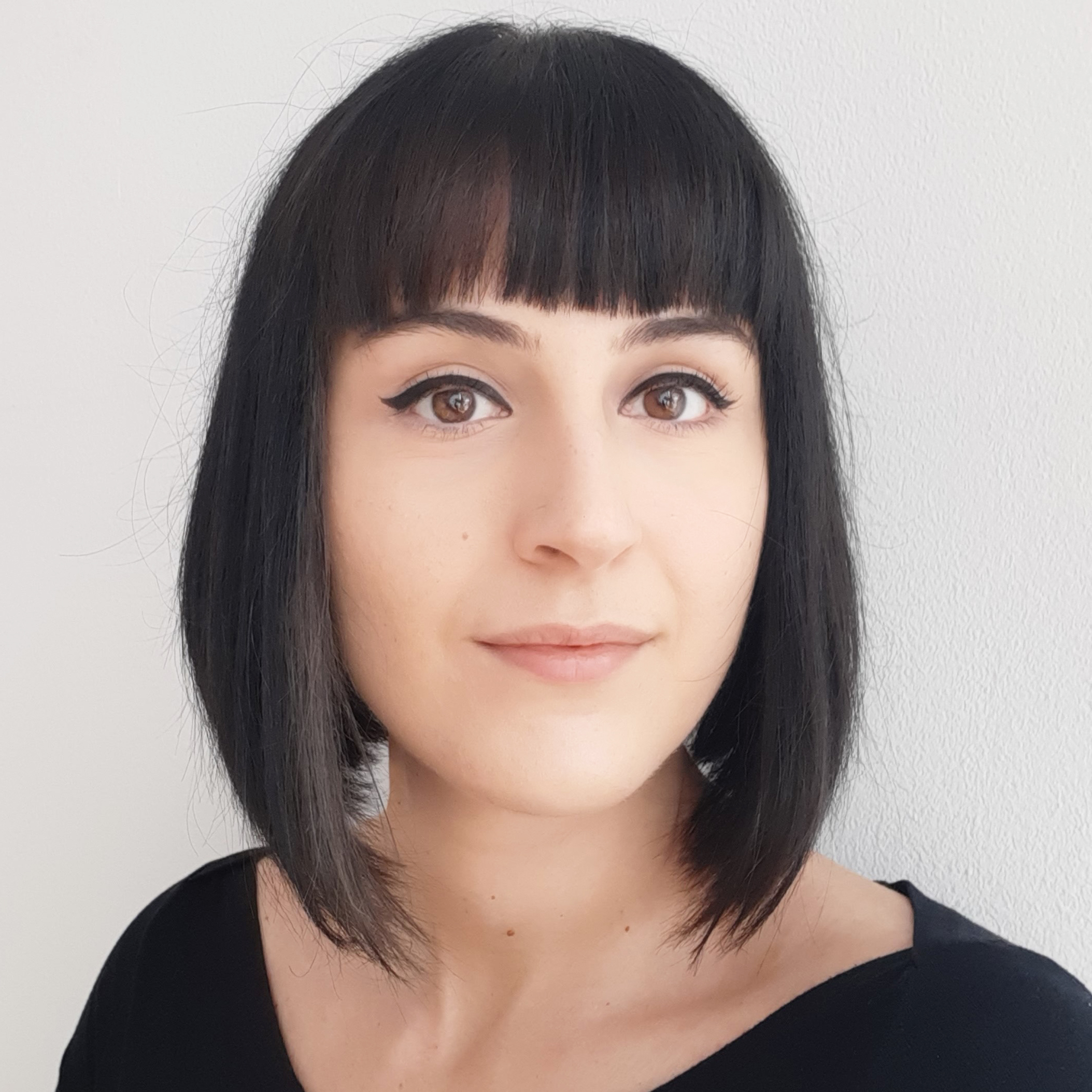
| Marija Mateljan |
| M.Mateljan@tudelft.nl |
-
Marija Mateljan is a lecturer and a PhD researcher within the 'Design, Data and Society' Group at the Department of Architecture, TU Delft. At the intersection of Architecture, Computer vision and Media studies, her PhD research explores interfaces between design representation and description, visual reasoning, design methods, and the digitalisation of cultural techniques. Recognizing the critical role of architectural representation in design thinking and communication, she investigates how architectural visual data—such as drawings, diagrams, renders, and photographs—could be repurposed through data-driven technologies (AI) to develop new architectural design methods employing data circularity. Between 2015 and 2021, Marija worked at KAAN Architecten on various Dutch and international projects, including the Museum Paleis Het Loo and the New Schiphol Airport Terminal. She is experienced in design development and interdisciplinary coordination across various project phases. Her practical experience sparked an interest in AI technologies and their potential to leverage domain-specific knowledge and visual cognitive capabilities. Before joining KAAN, Marija worked as a freelance architect in Rotterdam. In 2014, she obtained her MSc degree in Architecture with honors from the Faculty of Architecture and the Built Environment at TU Delft. Prior to her studies in Delft, she completed her undergraduate studies at the Faculty of Architecture in Zagreb.
| Angela Rout |
| A.E.Rout@tudelft.nl |
-
Angela Rout, joined the Faculty of Architecture and Built Environment (ABE) at TU Delft as an Assistant Professor, and recipient of the distinguished Delft Technology Fellowship (DTF) for Top Female Academic Scientists. Her research investigates methods and implications for leveraging emerging data resources for societal benefit, within the discipline of architecture. Previous to her post at TU Delft Angela was appointed as a Postdoctoral Research Fellow at the University of British Columbia, where she was team lead for a two year research collaboration exploring opportunities for sensor data to inform resilient and equitable community design. In 2020 she received her Ph.D. from the University Calgary in Computational Media Design, where she developed approaches for leveraging spatio-temporal data from smartphones to aid in master planning processes and design practice.
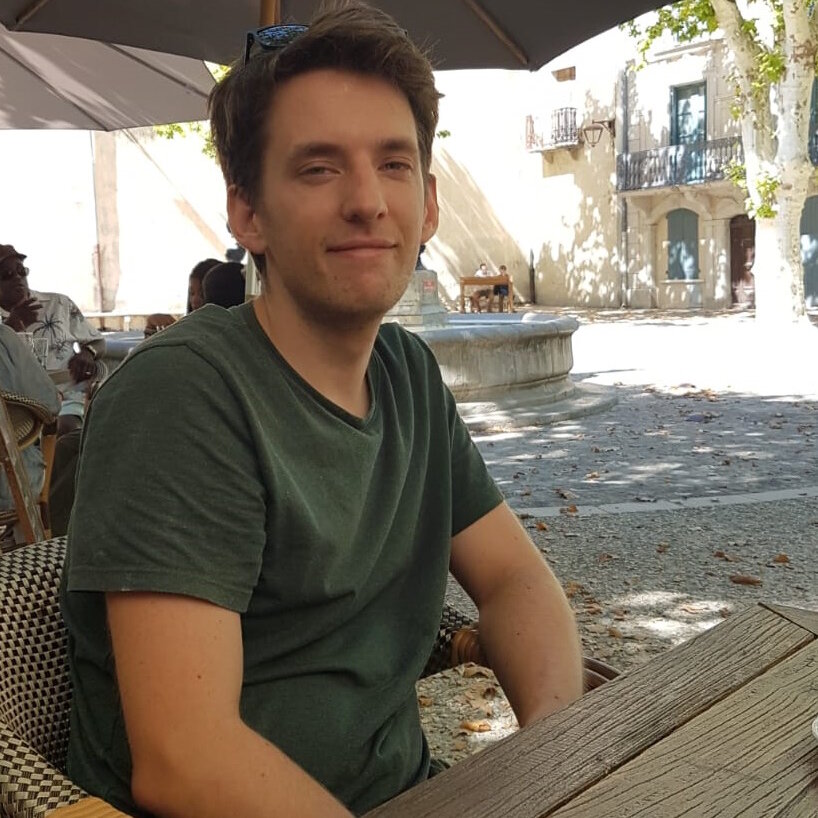
| Julien Vuillamy |
| j.j.g.vuillamy@tudelft.nl |
-
Julien Vuillamy is a computer scientist originally based in Aix-en-Provence, France. He has joined the AiDAPT Lab last June as a postdoctoral researcher to explore AI applications in Architecture. His doctoral research, conducted with INRIA Sophia-Antipolis and Dassault Systèmes, focused on developing efficient 3D surface reconstruction algorithms for large-scale urban scenes captured through aerial photogrammetry. With a background in 3D computer vision, machine learning, and computational geometry, he is currently working with the Computer Graphics and Visualization Group at TU Delft on estimating architectural floorplans from indoor imagery.
PhD candidates
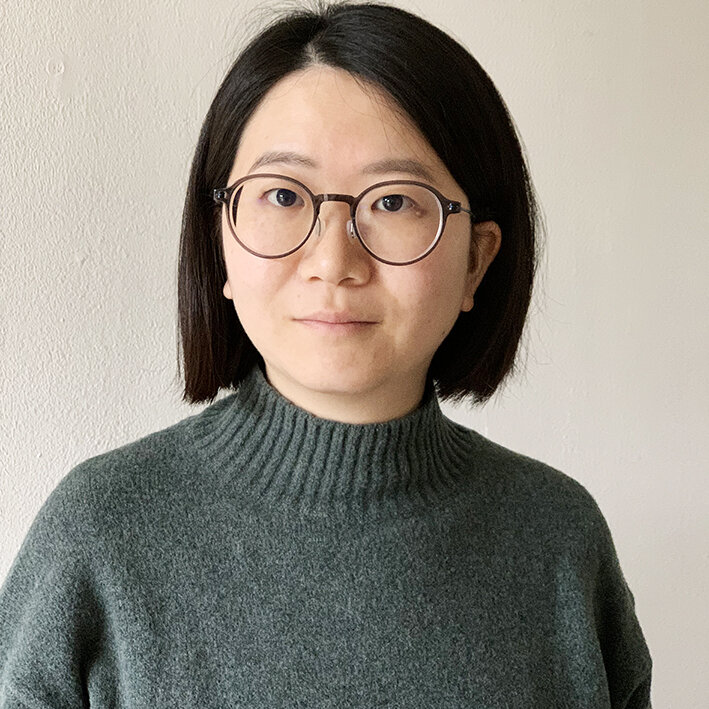
| Jess Chang |
| h.chang-1@tudelft.nl |
-
Hsiu-Ju (Jess) Chang is a PhD student in the Design, Data and Society Group and the Interiors Buildings Cities Group. She is attentive to contemporary social and environmental phenomena encompassing care, digital technologies, gender, politics, and their intricate influence on spatial configurations across different scales. Her current research focuses on the convergence of technology, nursing, and architecture regarding historical, present, and future perspectives.
Jess earned her Master's degree in Architecture cum laude from TU Delft in 2022. Her thesis project, "Blijkeuken," examined how the kitchen design, the care-providing space at home, intertwined with socio-political ideologies. Her attention to domestic spaces and the housing market also led to her contribution to the publication "Cooperative Conditions" (forthcoming 2024).
| Casper van Engelenburg |
| C.C.J.vanEngelenburg@tudelft.nl |
-
Architects communicate their designs through various visual abstractions of the physical space; including orthographic drawings, photos, and 3D models. Semantic similarity learning for architectural drawings is a PhD project of Casper van Engelenburg that started in October 2021, focusing on understanding visual patterns in floorplan image data. He develops deep contrastive learning frameworks that enable us to learn low-dimensional, task-agnostic representations of architectural drawings. This research line builds a foundation for large quantitative analysis of archival and linked visual data. Besides theoretical work, his aim is to connect it to the practice by enhancing Architectural-specific search engines.
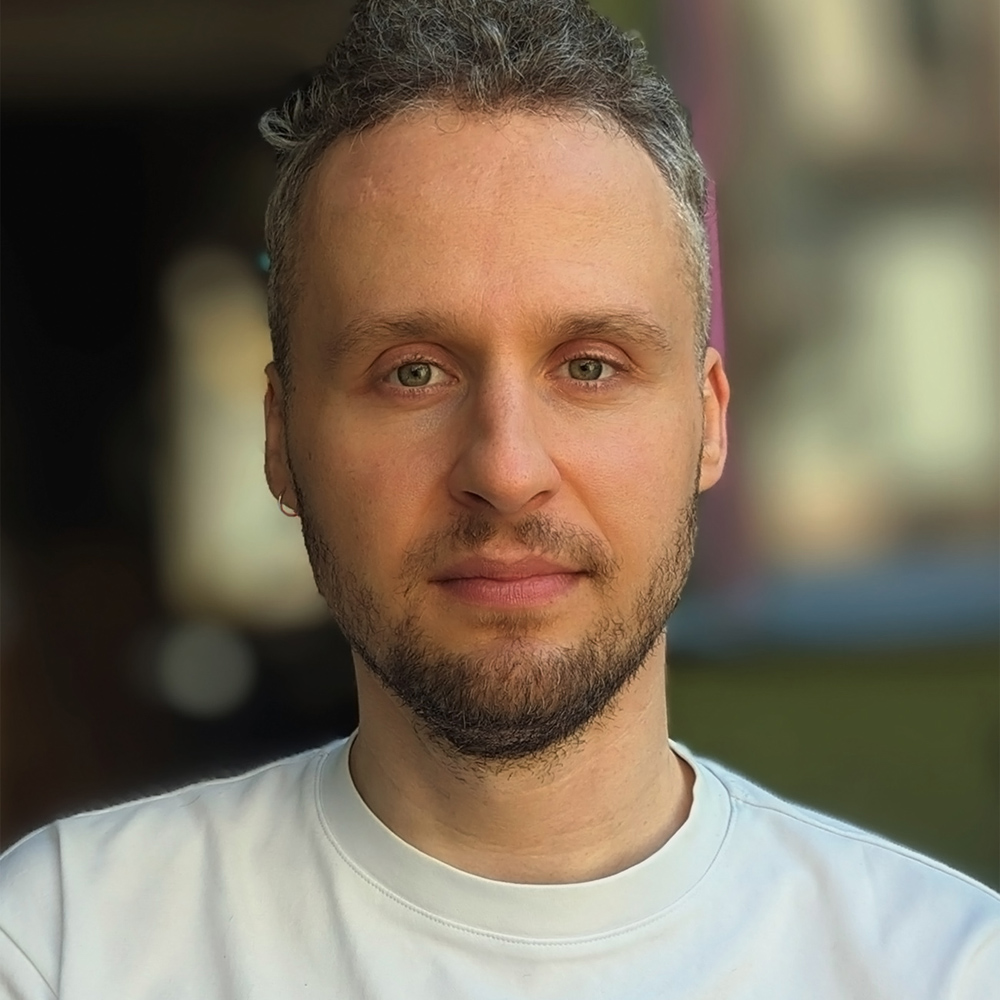
| Matiss Groskaufmanis |
| m.groskaufmanis@tudelft.nl |
-
Matīss Groskaufmanis is a PhD researcher at the Design, Data and Society Group at TU Delft. He also holds the position of teaching assistant professor at the Aarhus School of Architecture and serves as the operations director at mgr-dev, a shell organization for design projects and collaborations. In his work, he examines architecture’s relationship to post-extractive building practices, managerial desires, and technology. His current research project is titled "Spreadsheets Take Command: Grids, Formulas, and an Architectural History of Data Management." From 2019 to 2020, Matīss was the Sanders Fellow at the University of Michigan's Taubman College of Architecture and Urban Planning. In 2018, he served as a curator of the Latvian Pavilion at the Venice Architecture Biennale, exploring housing as a means of nation-building. An alumnus of the Strelka Institute for Media, Architecture, and Design in Moscow, he holds a master’s degree in architecture (with distinction) from TU Delft and a bachelor's degree in architecture from Glasgow School of Art. Previously, Matīss has worked on research, publishing, and building projects as part of Rotterdam-based architecture practices MVRDV and OMA/AMO.
| Linda Kronmüller |
| L.Kronmuller@tudelft.nl |
-
Linda Kronmüller is a PhD Candidate at the Design, Data and Society Group at TU Delft. Her research, Networks of Care: The Architecture of Future Healthcare Environments, investigates how emerging technologies—such as digital health tools, cyborg design and robotics—are transforming healthcare environments. She explores how these technologies impact the design of healthcare settings across various scales and digital platforms, evolving from traditional facilities to integrated networks that blend urban, private and digital spaces. By emphasizing empathic design, Linda’s work aims to enhance patient wellbeing through a nuanced understanding of the relationship between the human body, data collection and digital environments.
Linda completed her Master of Architecture at TU Delft in 2021, supported by a DAAD scholarship from the German Academic Exchange Service. Her master’s thesis, How to Live with Nature: Towards Another Scale of Architecture, examined scale as an empathic design method for both humans and other species. She has several years of practical experience as an architect at Dutch offices NL Architects and Mecanoo Architecten, contributing to projects nationally and internationally and researching healthier urban environments.
| Fatameh Mostafavi |
| F.Mostafavi@tudelft.nl |
-
Fatemeh Mostafavi is a PhD researcher at the Design, Data, and Society Group at TU Delft. She is a member of AiDAPT lab, where data-driven intelligence and model-based engineering come together to support structural and architectural choices, towards a sustainable built environment. Her research proposes a machine learning (ML) framework to learn environmental features from the large-scale existing architectural floor plan data to augment the architect’s intuition towards microclimatic-oriented building design. The goal of her research is to develop an AI-based decision-making model to assist in the analysis and generation of floor plans while taking environmental factors into consideration.
Fatemeh obtained her master’s degree in Building Science - Architecture and Energy at Shahid Beheshti University of Tehran in 2021. Formerly, she got her bachelor’s degree in Mechanical Engineering at Shiraz University in 2017. As a researcher, her interests lie in building energy efficiency, carbon emissions, visual, thermal, and acoustic comfort, and integrated renewable energies in the built environment. By leveraging that foundation, she is aiming to integrate AI technologies into the environmental building design process in order to speed up the analysis and generation of big architectural data.
| Gent Shehu |
| G.Shehu@tudelft.nl |
-
Gent Shehu is a PhD Candidate between the Section of Urban Design and the Design, Data and Society Group at TU Delft. His research investigates the typological transformations and overall spatial and cultural implications of using digital technologies in horticulture. His focus is on the contemporary Glasshouse: that finely attuned nineteenth century building type, inside which human, plants, architecture, and AI interchange information—across scales and interfaces—to meet the cultural and societal demands of the twenty-first century.
Gent holds a master’s degree of Architecture and Urban Design, with high honours, from Polis University (2018), and a post-master’s degree, cum laude, from The Berlage Center for Advanced Studies in Architecture and Urban Design, TU Delft (2021). Since 2018, he has worked as a freelance architect from his eponymous studio in Skopje, and prior to joining The Berlage, he collaborated on an architectural and urban design project with an Austrian firm.
His research and design projects have appeared in The Plan Journal, Forum A+P, among others, and have been exhibited in various venues in Europe. Gent has contributed to numerous publications from The Berlage Center for Advanced Studies in Architecture and Urban Design, namely: Facades for a Canal House (2020), The Asset Class No.1 (2022), Travel Agency (forthcoming 2022), Architecture on Display: On the History and Contemporary Approaches to Exhibiting Architecture (forthcoming 2023), and Project Global — Power (forthcoming 2023).
